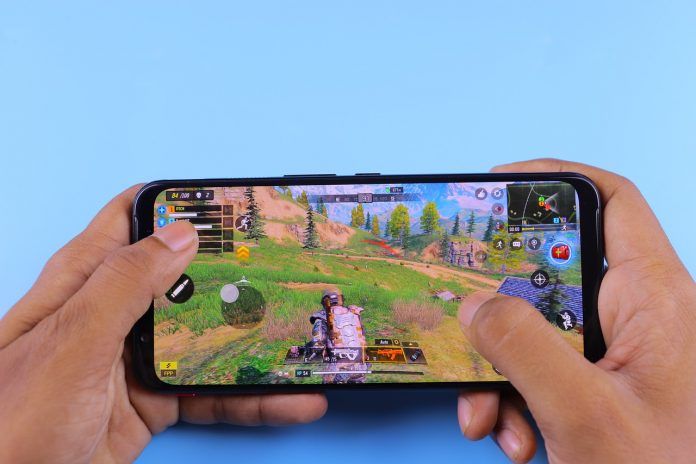Within the 21st century, few can argue that the global gaming industry isn’t continuously reaching new, unprecedented heights. Over the next three years, it’s forecast that the sector will reach record-breaking levels of revenue, with the total set to reach approximately £153.29 billion, as per Statista. However, irrespective of the market’s predicted progression, the current game-related industry has numerous challenges to hurdle throughout the 2020s. So, let’s take a look at some of the issues that the sector needs to tackle during the upcoming decade.
Standing Out from the Crowd and The Rise of Mobile Gaming
Given the forward-thinking nature of the gaming industry, it’s hardly surprising that the sheer volume of available titles is incredibly high. In light of Gaming Shift discovering that there are over one million released developments, it brings into question the ability for future games to deliver something new to a heavily-populated market. In this regard, the online casino industry is perhaps ahead of mainstream console developers. The reason for that concerns their focus on genre diversity, as evident at Paddy Power, where you can play a deal or no deal casino game. The TV-inspired, 26-box digital adaptation of the thrill-seeking show replicates the immersion of the program while also exploring a fresh avenue for the industry’s future. This type of flexibility when it comes to utilising franchises has benefitted this industry.
In 2019, it’s reported by Mobile Marketer that mobile games accounted for 60 per cent of the industry’s total revenue. Moreover, statistics from iGB Live state that almost 70 per cent of the online casino market’s turnover arose from smartphone platforms. Fundamentally, these figures indicate that both casino and mainstream gaming are heading for mobile-dominated futures. Although smartphones are more advanced than ever before in the 21st century, the plausibility of optimising spec-heavy console titles onto mobile platforms is an obstacle that could hinder future profits and participation totals.
Finding a Pay-to-Win Balance
At present, some of the most prominent controversies surrounding the gaming industry relate to loot boxes and microtransactions. Although the widespread integration of both concepts is fruitful regarding the market’s revenues, developers are coming under increasing pressure to reduce the volume of future titles that have a pay-to-win style. Unlike loot boxes, microtransactions are transparent in nature, meaning that gamers are often unaware that they’re spending real-world money as opposed to in-game currency. While some recommended completely eradicating them, doing so would significantly impact that financial state of the global gaming industry.

Furthermore, aside from the moral and monetary issues that surround these features, there’s also a concern that their use is adversely affecting title quality. As per PhoneArena, the free-to-play approach that often hides a microtransaction-orientated business model sees paywalls paper over the cracks of compromised in-game components, such as gameplay. In turn, this creates repetition concerning the mobile’s market core development, thus highlighting the earlier challenge of having to overcome lookalike games in wanting to stand out from the crowd.
On the Rise, but with Issues to Overcome
Ultimately, there can be no doubts that the gaming and online casino industry has taken significant steps forward since the start of the 21st century. However, with progression comes an array of new challenges. The ongoing success of the gaming sector suggests that it will overcome issues of compatibility, paywalls, and repetition without compromising its healthy financial position.
Disclaimer: This article contains sponsored marketing content. It is intended for promotional purposes and should not be considered as an endorsement or recommendation by our website. Readers are encouraged to conduct their own research and exercise their own judgment before making any decisions based on the information provided in this article.


























